Xcode 7 introduced generics. It allows for hint, like:

And allows for warning, like:

But it fails for many things, with no warning at all:
NSMutableArray<NSNumber *> *array;
array = [NSMutableArray<NSNumber *> arrayWithObjects:@0, @"", nil];
NSLog(@"%@", [array[1] class]);// __NSCFConstantString
array = [NSMutableArray<NSNumber *> arrayWithContentsOfURL:[NSURL URLWithString:@"http://ios.eezytutorials.com/sample-files/sample-array-plist.plist"]];
NSLog(@"%@", [array[0] class]); // __NSCFString
So typing the generic creation is kind of unreliable.
Question: should we use the unreliable syntax?
NSMutableArray<NSString *> *array;
array = [NSMutableArray<NSString *> array];
array = [NSMutableArray<NSString *> arrayWithArray:array];
array = [NSMutableArray<NSString *> arrayWithObjects:@"", @"", nil];
array = [NSMutableArray<NSString *> arrayWithContentsOfURL:url];
Or the simplified syntax?
NSMutableArray<NSString *> *array;
array = [NSMutableArray array];
array = [NSMutableArray arrayWithArray:array];
array = [NSMutableArray arrayWithObjects:@"", @"", nil];
array = [NSMutableArray arrayWithContentsOfURL:url];
I'm also concerned by the fact it is obviously not possible to give any compile-time guaranty of the return value of arrayWithContentsOfURL and arrayWithContentsOfFile. So will generics be always useless for those?